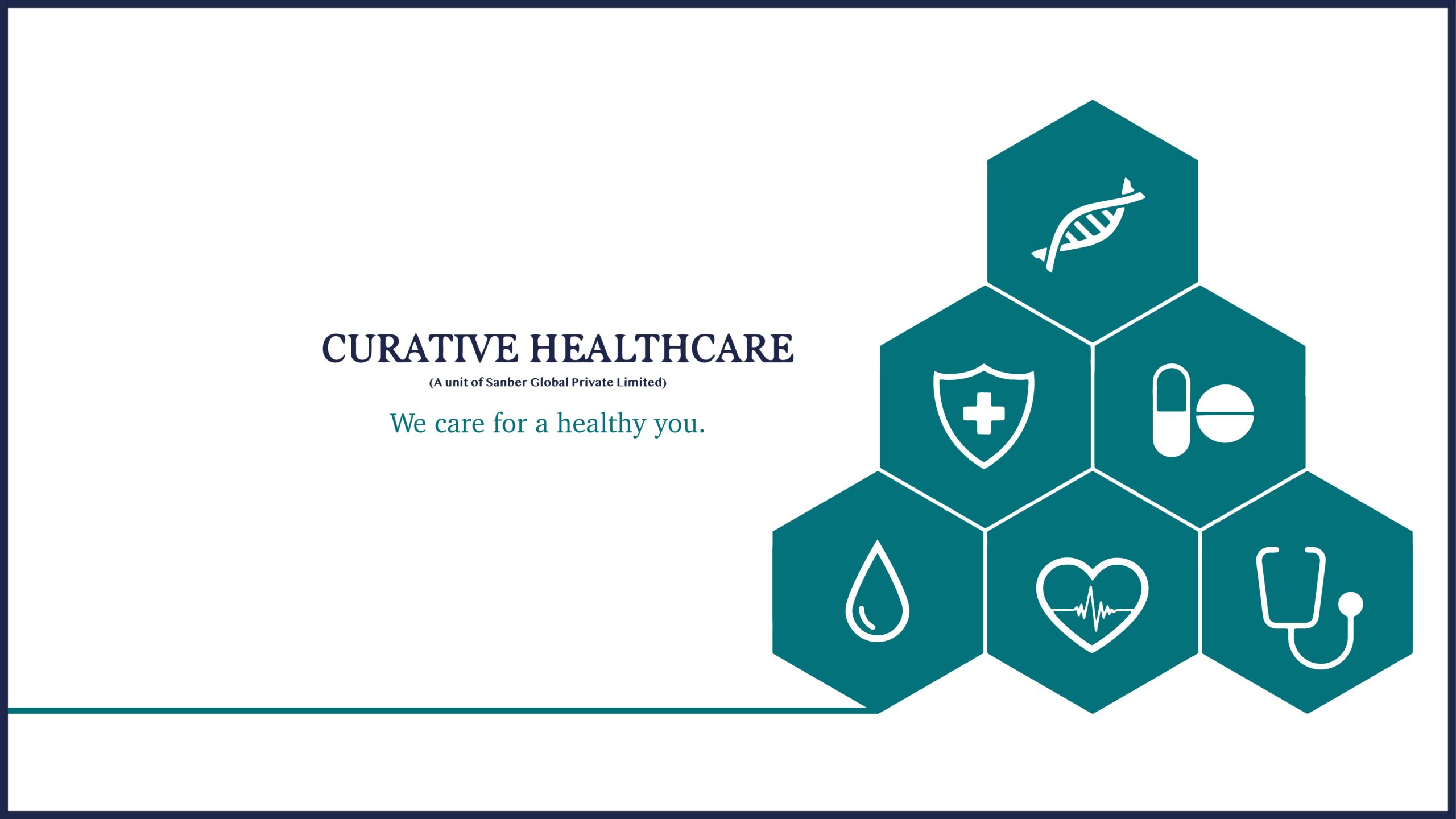Comprehensive Overview of Health and Medical Services:
Comprehensive Overview of Health and Medical Services: encompasses a broad spectrum of activities and interventions aimed at maintaining, improving, or restoring health. These services include preventive, curative, rehabilitative, and palliative care provided by various healthcare professionals and facilities. The importance of accessible and high-quality health services cannot be overstated, as they are fundamental to individual well-being and societal progress. Effective health services are essential for managing diseases, promoting healthy lifestyles, and ensuring the overall health of populations.

Healthcare systems worldwide are designed to meet the diverse needs of their populations. They range from highly specialized hospitals and clinics to community-based primary care centers. Each component of the healthcare system plays a vital role in ensuring comprehensive care for all individuals. Despite the diversity in healthcare delivery models, the primary objective remains the same: to provide effective, efficient, and equitable health services to improve health outcomes for all.
Preventive Health Services:
Preventive health services are critical in reducing the burden of diseases and enhancing the quality of life. These services include immunizations, screenings, counseling, and health education aimed at preventing illnesses before they occur. Immunizations are one of the most effective preventive measures, protecting individuals and communities from infectious diseases. Vaccination programs have successfully eradicated or controlled diseases like smallpox, polio, and measles, demonstrating the power of preventive health services.

Screenings and early detection programs are another cornerstone of preventive health services. Regular screenings for conditions such as cancer, hypertension, diabetes, and cholesterol levels can lead to early diagnosis and more effective treatment. Health education and counseling also play a vital role in prevention by informing individuals about healthy behaviors and risk factors. By promoting healthier lifestyles, preventive health services help reduce the incidence of chronic diseases and enhance overall well-being.
Curative and Rehabilitative Services:
Curative services aim to diagnose, treat, and cure illnesses and injuries. These services are provided by a wide range of healthcare professionals, including physicians, surgeons, nurses, and therapists. Hospitals and clinics are the primary settings for curative services, where patients receive medical care, surgical procedures, and other treatments. Advances in medical technology and pharmaceuticals have significantly improved the effectiveness of curative services, leading to better health outcomes.

Rehabilitative services, on the other hand, focus on restoring function and improving the quality of life for individuals recovering from illness or injury. These services include physical therapy, occupational therapy, speech therapy, and psychological counseling. Rehabilitation aims to help patients regain independence and adapt to new physical or cognitive limitations. Effective rehabilitative services are essential for ensuring that patients can return to their daily activities and live fulfilling lives after a health crisis.
Palliative and End-of-Life Care:
Palliative care is specialized medical care for people living with serious illnesses. Its goal is to improve the quality of life for both patients and their families by providing relief from the symptoms and stress of the illness. Palliative care can be provided alongside curative treatment and is tailored to the patient’s needs and preferences. It involves a multidisciplinary team approach, including doctors, nurses, social workers, and spiritual advisors, to address the physical, emotional, and spiritual aspects of care.

End-of-life care is a critical component of health services, focusing on providing comfort and support to individuals in the final stages of life. This care emphasizes pain management, symptom relief, and emotional support for patients and their families. Hospice care is a type of end-of-life care that provides comprehensive services to ensure that patients can die with dignity and as comfortably as possible. Palliative and end-of-life care services recognize the importance of quality of life and aim to provide compassionate and holistic support during challenging times.
Conclusion:
Health and medical services are integral to the well-being of individuals and communities. From preventive care that aims to stop illnesses before they start, to curative and rehabilitative services that restore health and function, to palliative and end-of-life care that ensures comfort and dignity, each aspect plays a crucial role in the healthcare continuum.

Ensuring access to high-quality health services for all is a fundamental goal of healthcare systems worldwide, promoting healthier populations and a better quality of life.
